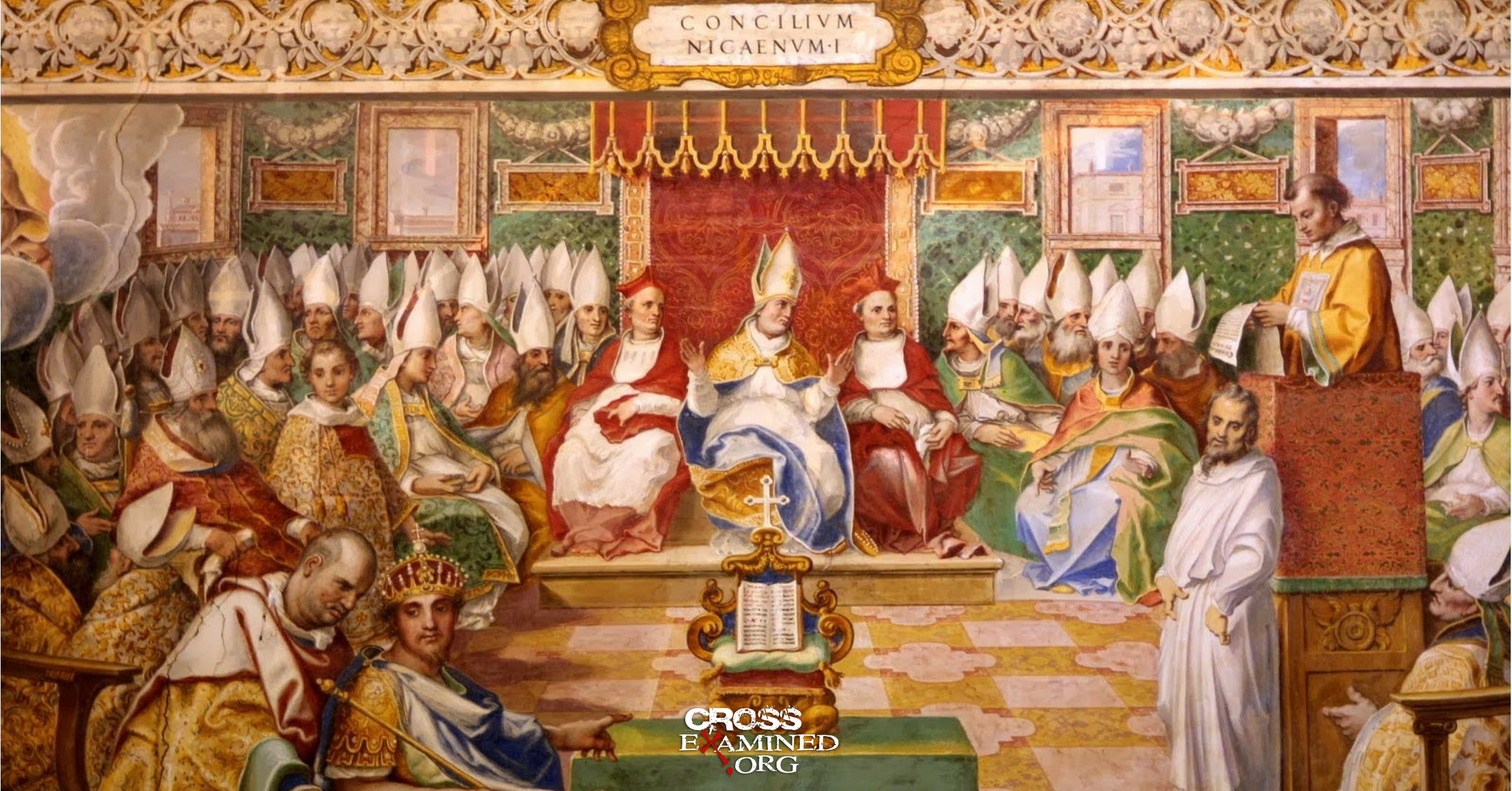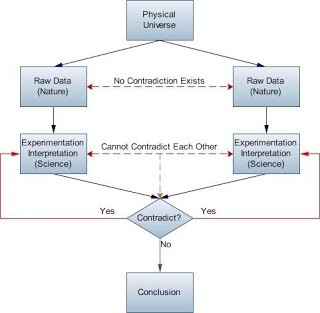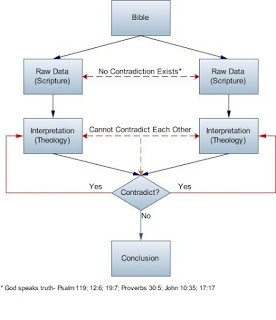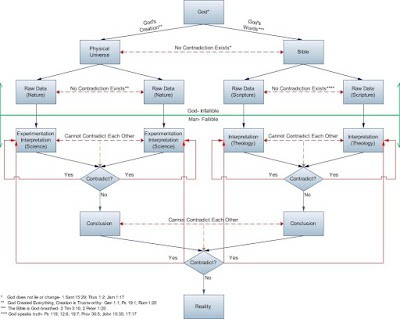(This is one of 40 key questions I address in my new book, Keeping Your Kids on God’s Side: 40 Conversations to Help Them Build a Lasting Faith. If you’re a parent, grandparent, church educator, or other special person in the spiritual life of a child, please check out my book for guidance on having the most important conversations about faith given today’s secular world.)
I was driving with the kids recently when my son announced that he had seen a black, red and yellow bird on his side of the car. My daughter Kenna immediately corrected him.
“Nathan, you are NOT right! The bird was black and red. It did not have any yellow. You are wrong.”
Nathan screamed back at her, “No! I am right! The bird DID have yellow on his bottom.”
Tired mom syndrome kicked in here, and I entered the fray with this disingenuous response: “Guys! It doesn’t matter. Sometimes people see different things. Everyone can be right at the same time.”
Fast forward to the following week. My other daughter, Alexa, came running into the kitchen screaming, “Mommy! Kenna hit me!”
Kenna walked in behind her with a casual shrug. “No, I didn’t. Now stop talking about it. We can both be right. Sometimes people see different things.”
I couldn’t believe it. My lazy response from the week before had totally confused my daughter’s understanding of truth! I had given her the idea that no one is right or wrong about anything, and everyone can be right at the same time.
As obvious as it may seem that there are many things which are true or not true (Kenna hit Alexa, or she did not), this very basic understanding of truth – fundamental to Christianity – is under attack today. Kenna’s not the only one getting confused.
The Big Mix-Up: Absolute and Relative Truth
Whatever bird my kids saw was either 1) black, red and yellow (as Nathan claimed), 2) only black and red (as Kenna claimed), or 3) something else altogether (if they were both wrong). But contrary to my lazy “everyone can be right” response, the bird simply can’t be all of those things at the same time.
The color of the bird is an example of an absolute truth. To say that something is absolutely true means that it is independently true for all people, even if they do not know it or recognize it to be true.
The opposite of absolute truth is a relative truth. To say that something is relatively true means that it can be true for one person and not for another. If Kenna had said, “the bird is beautiful!” and Nathan had replied, “the bird is ugly!” they could have both told the truth because beauty is a matter of opinion; it’s a relative truth.
The existence of absolute truth is a necessary foundation of Christianity.
God didn’t exactly mince words in the Bible that what he revealed was the one and only truth. Quite directly, in John 14:6, Jesus said, “I am the way, the truth, and the life. No one comes to the Father except through me.”
The secular world is increasingly teaching, however, that all truth is relative – a simple matter of each person’s perspective. That’s why understanding these truth terms, and making them crystal clear for our kids, is so critical: we can spend years giving reasons for why we believe Christianity is true, but if the response is someday a shrug because our kids come to believe all truth is relative (“Christianity can be true for you, but not for me”), it will all be for naught.
Get Your Kids Thinking: The Chorus of Relativists
Here are four common statements rooted in the secular mix-up of absolute and relative truth. Talk through each with your kids. The bird examples may help you drive the concepts home.
“All religions point to the same truth.”
Even a most basic survey of world religions shows they contradict each other on major claims. They simply can’t be entirely true at the same time, though each claims to be entirely true. It’s just like the bird that can’t be black, red and yellow AND only black and red at the same time.
That said, it’s important to understand that different religions can contain parts of the absolute truth. For example, Judaism and Islam both believe in one God, as does Christianity. But neither religion believes Jesus is God’s son, which is central to Christian belief (and which Christians claim to be absolute truth). If the bird was black, red and yellow, Nathan’s belief was true. Kenna’s belief that it was black and red contained part of the absolute truth, but in its entirety, her belief was not true because she got the yellow wrong.
“Christians are not tolerant of other beliefs.”
Tolerance is the most misused word today. By definition, tolerance simply means to bear with ideas other than your own. Most people who throw the word around, however, treat it as though it means to agree with or accept those other ideas. To agree with all ideas is the ultimate nod to relative truth. Christians, however, should treat all people with respect, but stand firm that we believe only Christianity is true. Believing in absolute truth is not intolerant. Nathan could treat Kenna with respect while firmly stating that he believed she did not know the truth.
“I like to live according to compassion, rather than a pre-determined set of beliefs.”
Many young adults today turn away from biblical Christianity in favor of living according to “good values” alone. This quote suggests that it’s OK to decide what we believe based on what we like as if a spiritual truth is simply a matter of preference (a relative truth). I might like bluebirds the best, but that has no bearing on the true color of the bird my kids saw.
“Christianity just doesn’t make sense to me because (fill in any number of reasons).”
What makes sense varies from person to person. Christianity makes sense to me. Atheism makes sense to someone else. Appealing to common sense implicitly promotes the concept of relative truth. But our subjective perspectives have no bearing on reality. Christianity might be true, or atheism might be true, but they can’t both be true just because they make sense to different people. It might not make sense to me that there is a black, red, and yellow bird in this area right now, but that doesn’t mean the bird wasn’t truly there.
Original Blog Source: http://bit.ly/2PehXZJ















